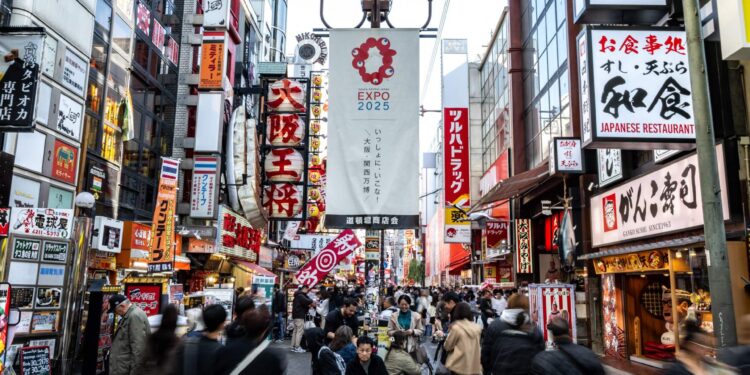Japanese Prime Minister Shigeru Ishiba said on Friday that the government will work to collect a stimulus package amounting to about 39 trillion yen ($250 billion), to be financed through a supplementary budget that it hopes to pass through Parliament. Ishiba made the comment after a meeting between the government and officials from the ruling coalition.
The government’s economic plan includes subsidies to reduce rising energy costs, and cash grants to low-income families, amid the continued inflation caused by the weak yen to affect consumer spending.
Under the package, the government pledged to increase disposable income by raising the ceiling on tax-exempt salaries, after acknowledging the demands of an opposition party to secure the passage of a supplementary budget to finance it.
This move comes after the Liberal Democratic Party headed by Ishiba and its junior coalition partner lost their majority in the House of Representatives during the general elections that took place on October 27.
The Wall Street Journal reported that the package aims to boost wages, provide subsidies for gas and electricity prices, and invest in vital sectors such as semiconductors and artificial intelligence.
Details of the economic package
According to the Japanese Government Office, spending in the package is distributed as follows:
- 10.4 trillion yen ($66.4 billion) to support economic growth.
- 4.6 trillion yen ($29.4 billion) to ease the burden of living.
- 6.9 trillion yen ($44 billion) for economic, social and security measures including disaster management.
The total package, including expected spending from the private sector, will be about 39 trillion yen ($250 billion), while the actual cost is about 13.9 trillion yen ($89 billion).
Political challenges
The government agreement included raising the ceiling on tax-exempt income as part of the opposition’s conditions.
“Any political mistake could lead to a loss of support for the opposition party, which will make it difficult to pass the necessary laws,” Rintaro Nishimura of the Asia Group commented to the newspaper.
Despite the government’s approval of the package, opinion polls showed a decline in the popularity of the Ishiba government, as an opinion poll showed that the support rate reached 41% compared to 37% for non-supporters, which are low percentages for a new administration.
Ishiba is facing pressure to decide when to raise taxes to fund defense spending increases, a decision that lacks support from the main opposition, according to the source.
In addition, the package is expected to support wage growth and improve the economic situation in the long term.
International dimensions
On the international scene, Ishiba participated in the G20 Summit in Brazil and the Asia-Pacific Economic Cooperation Summit in Peru, where he held a meeting with Chinese President Xi Jinping that resulted in the restoration of the short-term visa exemption for Japanese visitors. But his attempts to meet US President-elect Donald Trump failed.
The newspaper estimates that Ishiba has an opportunity to prove his ability to lead the Liberal Democratic Party by achieving tangible political and economic reforms. Yu Uchiyama, a professor of political science at the University of Tokyo, warned in an interview with the newspaper that “if the party cannot regain public confidence, it may also lose the majority in the upcoming Senate elections, which will greatly weaken its position.”



